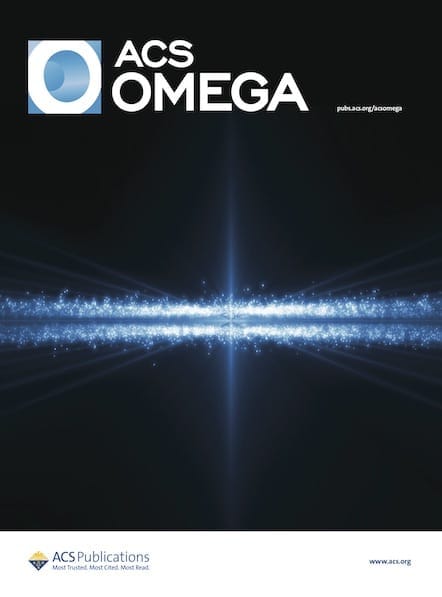About 300 million tons of plastic waste is produced each year and about 85% of that plastic ends up in landfills or in oceans, where it will take hundreds of years to decompose. A new paper in ACS Omega describes a novel approach to upcycling plastic bags into something useful instead. In the future, these […]

About 300 million tons of plastic waste is produced each year and about 85% of that plastic ends up in landfills or in oceans, where it will take hundreds of years to decompose. A new paper in ACS Omega describes a novel approach to upcycling plastic bags into something useful instead. In the future, these single-use bags could be converted into anodes for lithium-ion batteries instead of taking up space in a landfill.
This video explores how this process could change the way we look at plastic waste.
Read the full paper for free in ACS Omega:
Amorphous Carbon Chips Li-Ion Battery Anodes Produced through Polyethylene Waste Upcycling
ACS Omega, 2018, 3 (12), pp 17520–17527
DOI: 10.1021/acsomega.8b02290

